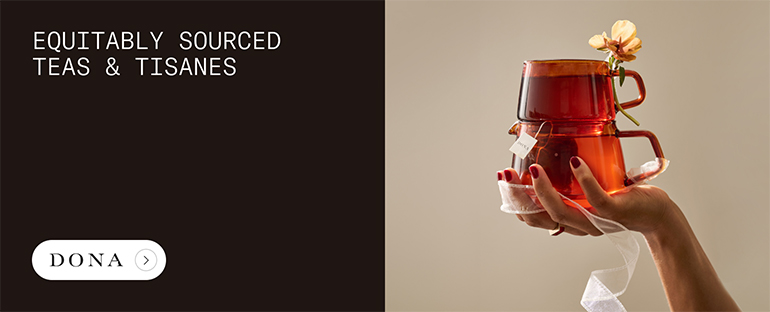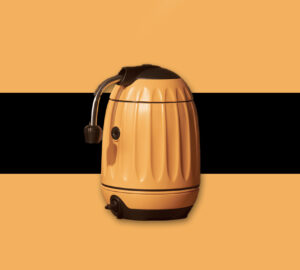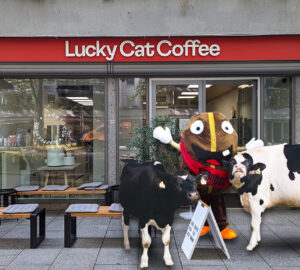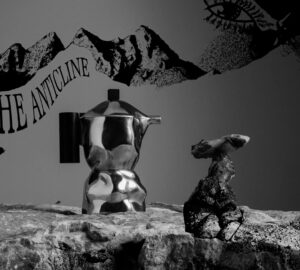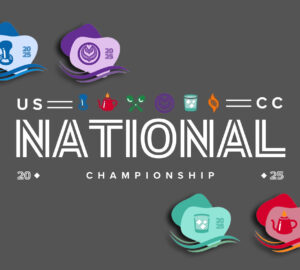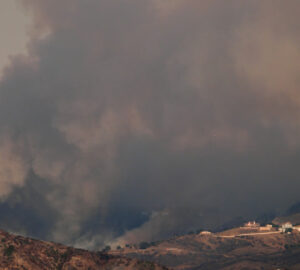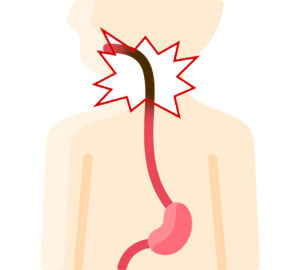
For the general coffee consuming public, certifications like those from Fairtrade and the Rainforest Alliance are indicators that the product they are buying are sustainably grown with farmers making a fair wage. Those more deeply involved in the coffee industry, though, often have a different view of these sort of certifications; many hold that while they aren’t per se bad, these certifications don’t necessitate a coffee’s sustainability and they certainly don’t mean that everyone involved in coffee production is paid a livable wage. And a new paper from the Center for Global Development appears to back this sentiment, finding that the impact of such certifications to be “mixed and usually finds modest effects at best.”
As reported by NPR, the paper by Kimberly Ann Elliot, a Visiting Fellow at the Center for Global Development, reviewed nearly 100 previous sustainability studies and found that it is “almost impossible to tell if those certifications have any measurable effect on coffee growers.” Elliot states that, essentially, metrics for deciphering the efficacy of the programs were only put in place after the fact, hamstringing their utility from the get go. From NPR:
For example, there weren’t many defined baselines for how farmers were doing before they got certified, and people weren’t comparing certified farmers to similar but uncertified farmers, Elliott says. Certification organizations haven’t been able to directly monitor many of the growers that they certify either, Elliott says.
“There’s very little actual monitoring or measuring of the outcomes that you want to see going on,” she says. “For example, studies suggest [after certification programs] there’s more safety equipment for workers. Do they actually use it? Are they healthier? Not clear.”
Many of the problems faced with tracking and reporting a certification’s effect are due to the global nature of the programs. With coffee farms existing in rural areas across multiple continents, it is difficult to get boots on the ground for direct observation of the changes that are reportedly being made at the farm level. And they “must also contend with vastly different cultural, climatic or regulatory contexts that can cloud study results.”
There are other issues facing certification:
Some certifications, like Fairtrade’s, charge a premium for certified coffee – presumably making certified coffee more expensive than similar, uncertified coffee of equal quality. If there’s no good evidence that the certifications make a difference, [sustainability advisory firm 3Keel researcher Catherine] McCosker muses, are they worth the extra charge?
One less contentious positive, according to Elliot, is that by buying coffees with certifications, consumers are telling the coffee industry they value sustainability, which can “spur the industry to work harder to meet sustainable standards.”
Ultimately, Elliot concludes that sustainability certifications may have a modest positive effect, but only for those who can afford them; the poorest farmers, whom would presumably see the greatest benefit from these programs, don’t always have access to them. Now, none of this is to say that these programs are inherently bad or that they aren’t trying to affect positive change at origin. It simply that the little sticker on those coffee bags doesn’t necessarily amount to as much as the consuming public believes/hopes it does.
Zac Cadwalader is the news editor at Sprudge Media Network and a staff writer based in Dallas. Read more Zac Cadwalader on Sprudge.













